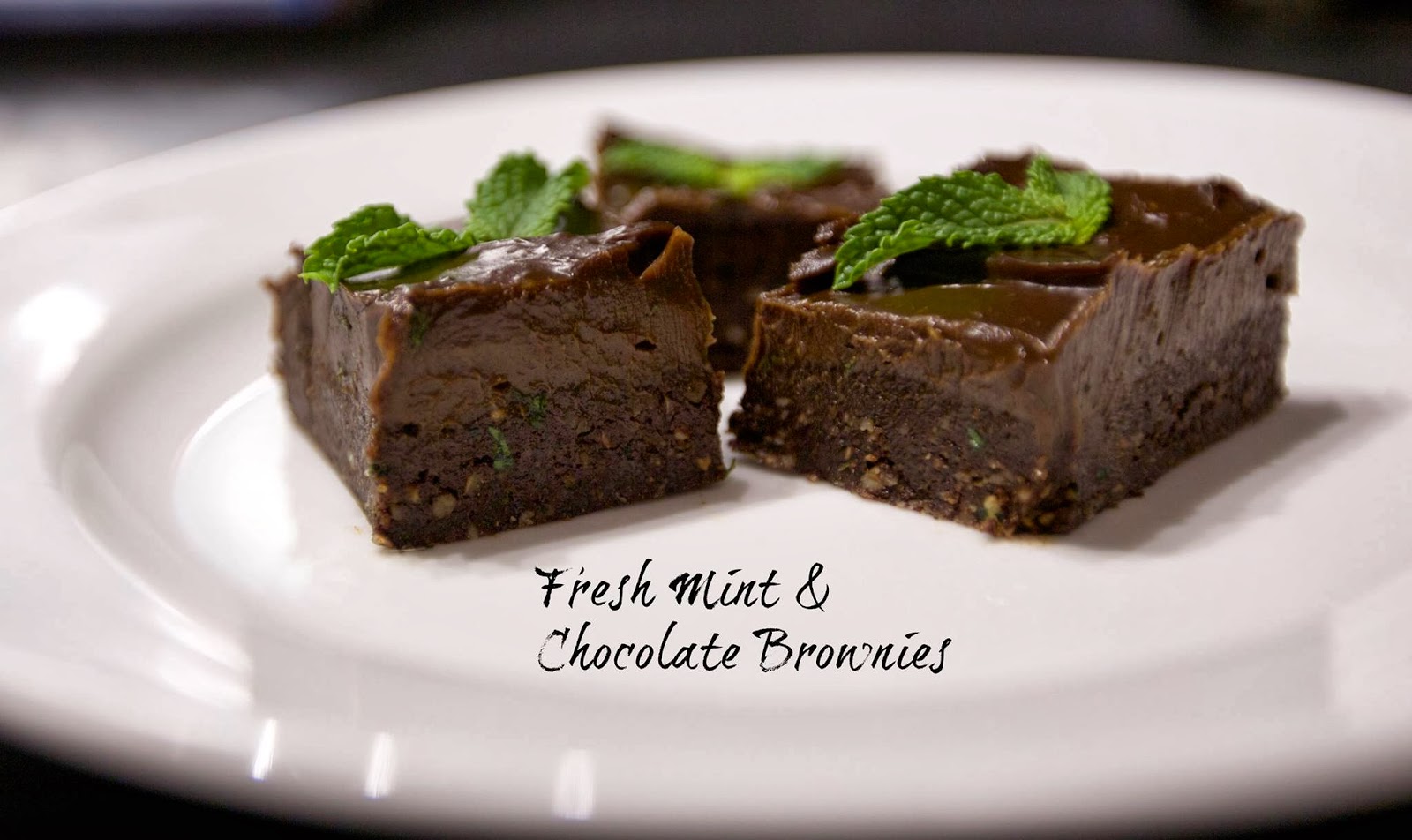Bleach is one of the most corrosive and deadly chemicals, yet they still sell it in the supermarket.
Bleach is a known carcinogen and is also linked to fertility issues, miscarriages and birth defects.
When household bleach is mixed with waste water - such as that in your toilet - it is found to form numerous organic compounds. Two of those compounds are chloroform, which can cause dizziness, headache, respiratory issues, heart attack, liver and kidney damage, birth defects and more - and carbon tetrachloride - nerve damage, liver and kidney degeneration, coma and death.
If you're interested in keeping yourself and your family safe and healthy, it's worth following up the dangers of household bleach.
What is bleach?
The dangers of bleach
Why is bleach bad for me?
Of course there will always be someone to tell you how safe household bleach is, because after all, the bottom line is the dollar, but I will repeat my mantra ... question EVERYTHING.
Yesterday, I made some Fresh Mint and Chocolate Brownies .. gluten free, sugar free, grain free, egg free and dairy free.
Very rich and very tasty, but a bit too minty for me .. I will probably reduce the amount of mint in it next time.
This morning I finally had an attempt at Sauerkraut.
"Sauerkraut provides a high-density source of a wide range of beneficial live lactic acid bacteria which assist in the digestive process, produce a variety of vitamins and other nutrients, and keep harmful micro-organisms at bay. A single serving of genuine raw sauerkraut gives your body a bigger health boost than any of the expensive probiotic drinks and supplements sold in stores.
Cruciferous vegetables (also known as Brassicaceae or Brassicas) include broccoli, brussels sprouts, cabbage, cauliflower, collard, cress, horseradish, kale, kohlrabi, mustard greens, radish, rutabagas, turnip and watercress.
Cabbage, brussels sprouts and other brassicas offer a host of health benefits. They are high in vitamins A and C. Cabbage provides a rich source of antioxidants. Studies have shown that the cruciferous vegetables can help lower cholesterol levels; have anti-inflammatory properties; and help prevent and combat many cancers.
A phytonutrient in these vegetables named glucosinolate significantly enhances your liver's detoxification ability. It is believed that eating these foods every day will halve your risk of getting cancer.
Some of the phytonutrients in this family seem to be able to protect mucous membranes, especially in the lungs and digestive tract. They are effective guardians against cancer, ulcers and infections in the digestive tract."
Sauerkraut must be raw
Most sauerkraut sold in supermarkets and shops is pasteurised. The beneficial bacteria and other organisms have been destroyed so that it has a long shelf life, and there is no risk of the jar exploding from pressure build-up. To gain the benefits from sauerkraut, it MUST be made the traditional way and consumed raw - best to learn how to make your own.
For more information and a recipe (which is not the same as mine) go here.
That's it for my Saturday.
At 3.30am tomorrow morning, it will be exactly one year since the tornado hit our town. One year on and still there are a few repairs not finished.
We have a big day planned starting with breakfast at the community hall, a barbecue with friends at lunchtime and then dinner at the local Bowls Club with more friends. It will be a big day .. although I have a funny feeling that there will be some wet stuff falling out of the sky.
Happy Australia Day everybody.
Nite all.


No comments:
Post a Comment